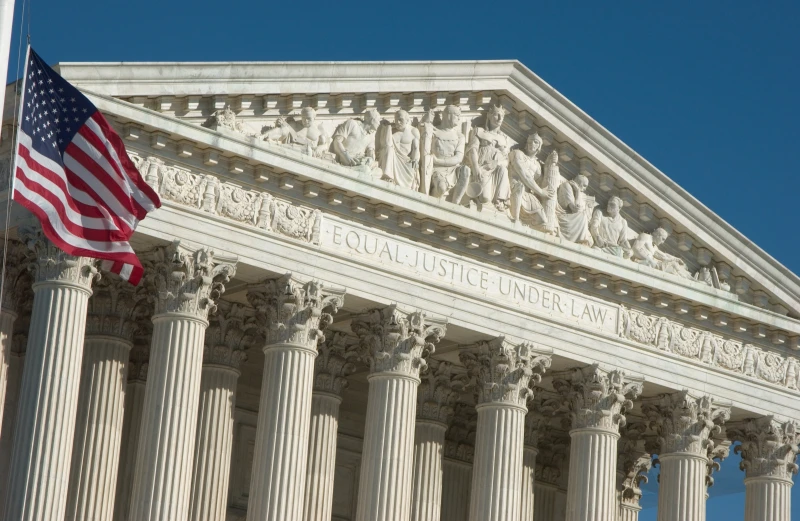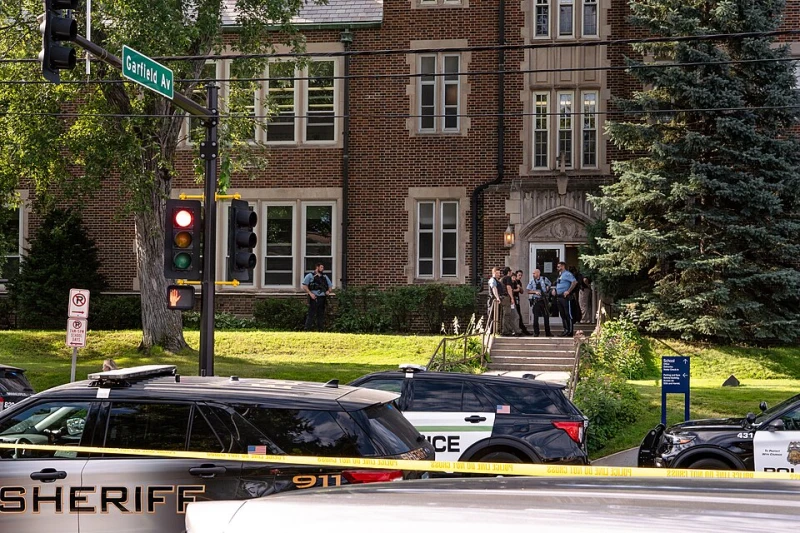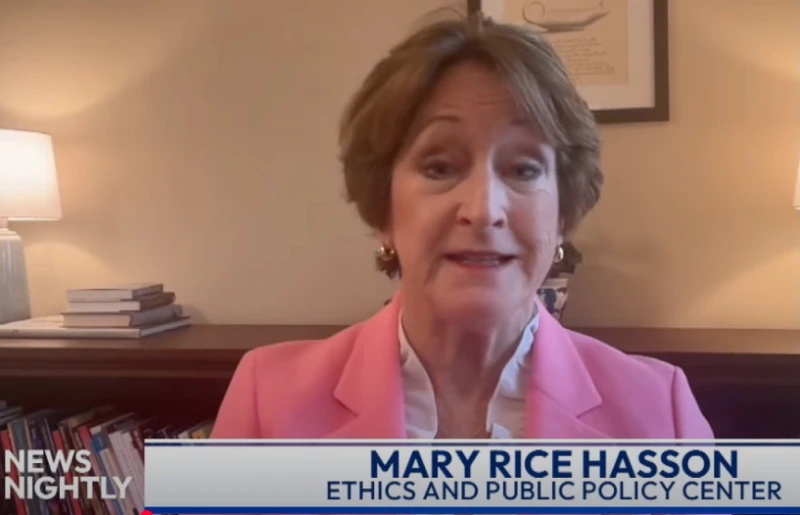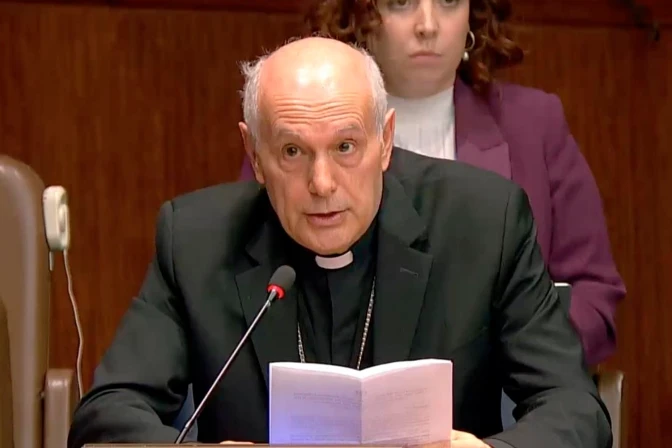

null / Credit: Wolfgang Schaller|Shutterstock
Washington, D.C. Newsroom, Oct 8, 2025 / 10:00 am (CNA).
The U.S. Supreme Court during oral arguments on Oct. 7 scrutinized Colorado’s law banning counseling on gender identity with some justices voicing concern about possible viewpoint discrimination and free speech restrictions embedded in the statute.
Colorado Solicitor General Shannon Stevenson defended the law, which prohibits licensed psychologists and therapists from engaging in any efforts that it considers “conversion therapy” when treating minors. It does not apply to parents, members of the clergy, or others.
Nearly half of U.S. states have a similar ban. The Supreme Court ruling on this matter could set nationwide precedent on the legality of such laws.
The Colorado law defines “conversion therapy” as treatments designed to change a person’s “sexual orientation or gender identity,” including changes to “behaviors or gender expressions or to eliminate or reduce sexual or romantic attraction or feelings toward individuals of the same sex” even if the minor and his or her family has requested that care.
Under the law, permitted therapy includes “acceptance, support, and understanding” of a minor’s self-asserted transgender identity or same-sex attraction.
The law is being challenged by Kaley Chiles, a Christian counselor who provides faith-based counseling to clients with gender dysphoria and same-sex attraction.
Free speech and viewpoint discrimination
Stevenson argued that Colorado’s law is not a speech restriction but instead a regulation on a specific type of “treatment,” saying that regulations cannot cease to apply “just because they are using words.”
“That treatment does not work and carries great risk of harm,” Stevenson said, referring to the practices the state considers to be “conversion therapy.”
She argued that health care has been “heavily regulated since the beginning of our country” and compared “conversion therapy” to doctors providing improper advice on how to treat a condition. She claimed this therapy falsely asserts “you can change this innate thing about yourself.”
“The client and the patient [are] expecting accurate information,” Stevenson said.
Justice Samuel Alito told Stevenson the law sounds like “blatant viewpoint discrimination,” noting that a minor can receive talk therapy welcoming homosexual inclinations but cannot access therapy to reduce those urges. He said it is a restriction “based on the viewpoint expressed.”
Alito said the state’s position is “a minor should not be able to obtain talk therapy to overcome same-sex attraction [even] if that’s what he wants.”
Stevenson argued Colorado is not engaged in viewpoint discrimination and said: “Counseling is an evidence-based practice.” She said it would be wrong to suggest lawmakers “reach[ed] this conclusion based on anything other than protection of minors.”
“There is no other motive going on to suppress viewpoint or expression,” Stevenson said.
Justice Amy Coney Barrett and Justice Neil Gorsuch asked questions about how to handle issues where medical disagreement exists.
Gorsuch noted, for example, that homosexuality was historically viewed as a mental disorder and asked Stevenson whether it would have been legal for states to ban therapy that affirmed a person’s homosexuality at that time. Stevenson argued that at that time, it would have been legal.
Banning ‘voluntary conversations’
Alliance Defending Freedom Chief Counsel Jim Campbell argued on behalf of Chiles and her counseling services, telling the justices his client offers “voluntary speech between a licensed professional and a minor,” and the law bans “voluntary conversations.”
Campbell noted that if one of her minor clients says, “I would like help realigning my identity with my sex,” then the law requires that Chiles “has to deny them.”
“Kids and families that want this kind of help … are being left without any kind of support,” he added, warning that Chiles, her clients, and potential clients are suffering irreparable harm if access to this treatment continues to be denied.
Campbell argued that “many people have experienced life-changing benefits from this kind of counseling,” many of whom are seeking to “align their life with their religion” and improve their “relationship with God.”
Justice Sonia Sotomayor contested whether the issue was about free speech, noting Colorado pointed to studies that such therapy efforts “harm the child … emotionally and physically.”
Justice Ketanji Brown Jackson similarly objected to the claim, questioning whether a counselor acting in her professional capacity “is really expressing … a message for a First Amendment purposes.” She said treatment is different than writing an article about conversion therapy or giving a speech about it.
Campbell disagreed, arguing: “This involves a conversation,” and “a one-on-one conversation is a form of speech.” He said Chiles is “discussing concepts of identity and behaviors and attraction” and simply helping her clients “achieve their goals.”
Read More





